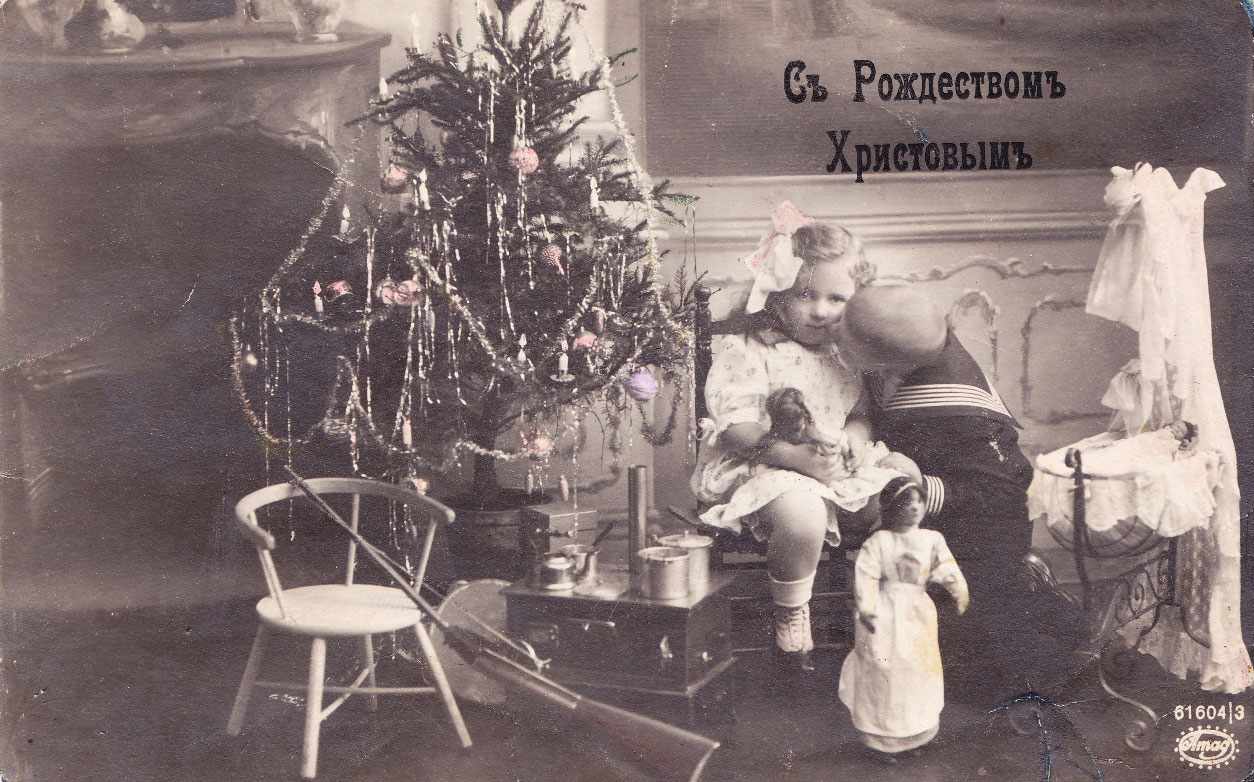Classics for Christmas: 9 new translations of great Russian works

Christmas is the perfect time for reading and giving a Russian book as a gift.
Getty Images Christmas is the perfect time for reading and giving a Russian book as a gift. / Source: Getty Images
Christmas is the perfect time for reading and giving a Russian book as a gift. / Source: Getty Images
Classics revisited
Alexander Pushkin – Yevgeny Onegin
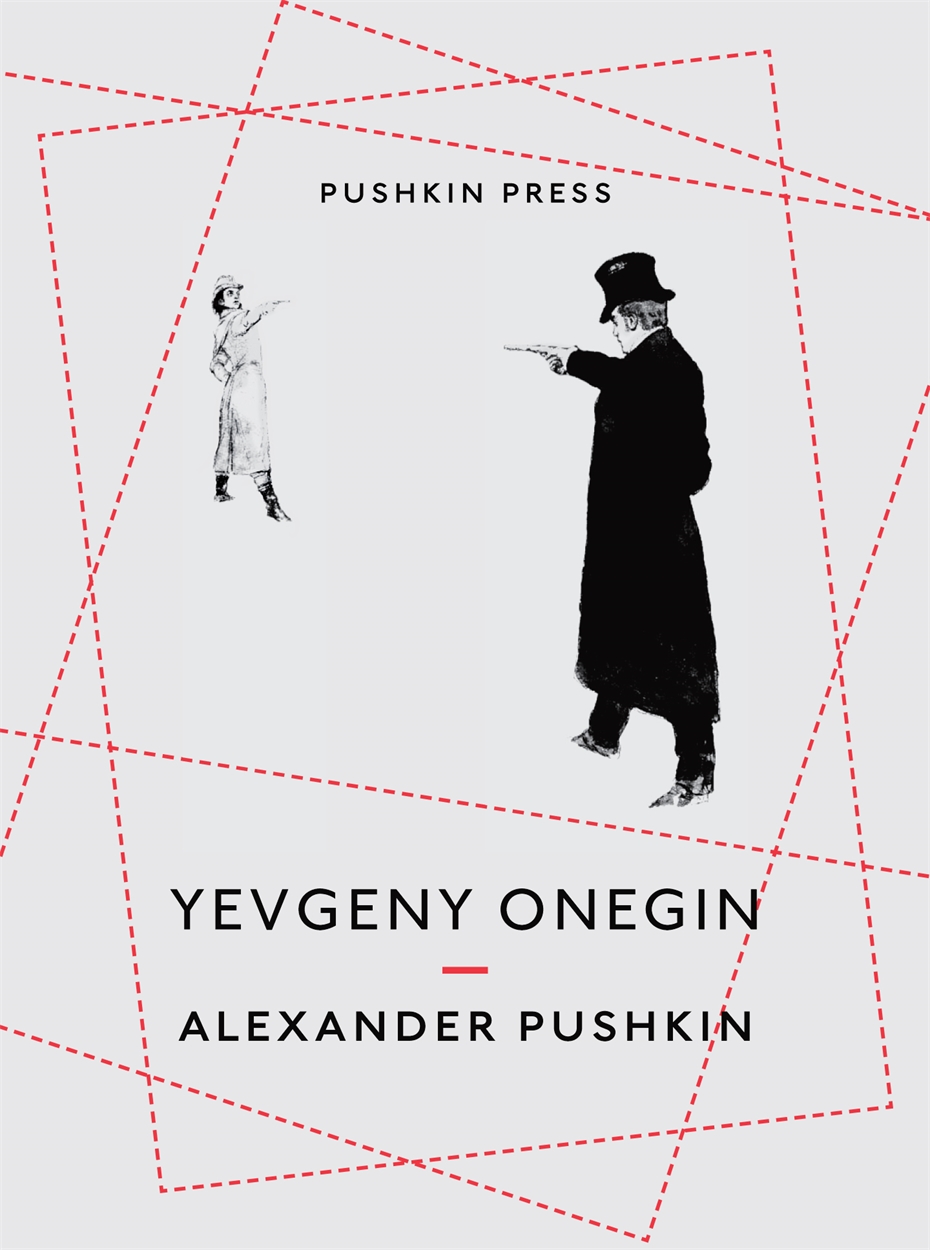 |
(translated by Anthony Briggs, Pushkin Press, Feb 2016)
A young man inherits an estate in the country, where a shy, book-loving local girl, Tatyana, falls in love with him. Alexander Pushkin’s 1820s verse novel crams life, death, laughter, literature and tempestuous romance into what the poet jokingly calls “a hash of chapters set in rhyme.” Rebranding the book as Yevgeny Onegin (rather than the more familiar, but less accurate Eugene) is a bold move. Translator Anthony Briggs signals a willingness to take Anglophone readers out of their comfort zones; in the intro, he passionately debates the relative merits of various types of rhyme and, in the poem, he comes up with some crackers (“reveal a”/“Lyudmila,” “Yevgeny/shady”). The resulting version of Onegin’s adventures keeps Pushkin’s seemingly effortless poetics at center stage.
Mikhail Lermontov – A Hero of Our Time
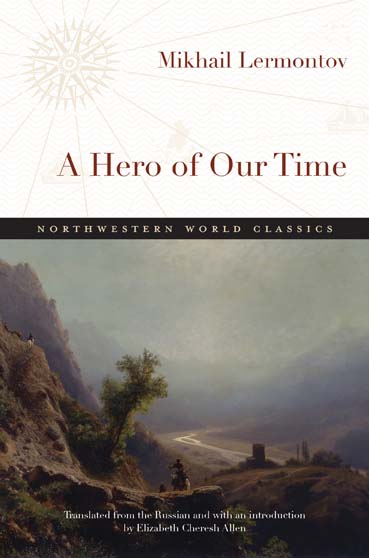 |
(translated by Elizabeth Allen, Northwestern World Classics, Aug, 2016)
We see him flirting, fighting or seducing beautiful women, pacing morosely or whistling a march: Grigory Pechorin, changeable, aimlessly arrogant, cynical, oblivious, self-destructive, is Onegin’s prose counterpart. Mikhail Lermontov’s Byronic, amoral antihero caused such hostile reactions in 1840 that the author defended Pechorin as “a portrait composed of the vices of our entire generation in full flower.” Translator Elizabeth Allen defines the novel as “post-Romantic”: a deliberately fragmented, inconclusive, but resonant series of tales by multiple narrators, which shows “how disorienting it can be to live in a transitional time at the dusk of an era.”
Fyodor Dostoyevsky – The Adolescent
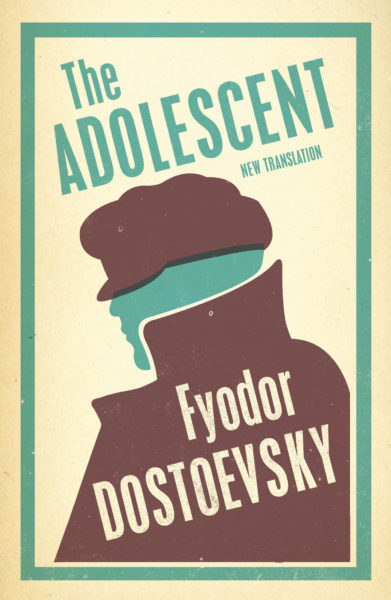 |
(translated by Dora O’Brien, Alma Classics, June 2016)
Dora O’Brien’s new translation of Dostoyevsky’s tortuous 1875 tome, about a teenage philosophizer who wants to get rich, has moments of lightness. The rebellious young narrator, Arkady, sounds like a cross between Sartre, Salinger and Charles Dickens. O’Brien even starts one chapter with the classic Monty Python catchphrase: “Now for something completely different.”
Gems rediscovered
Mikhail Saltykov-Shchedrin – The History of a Town
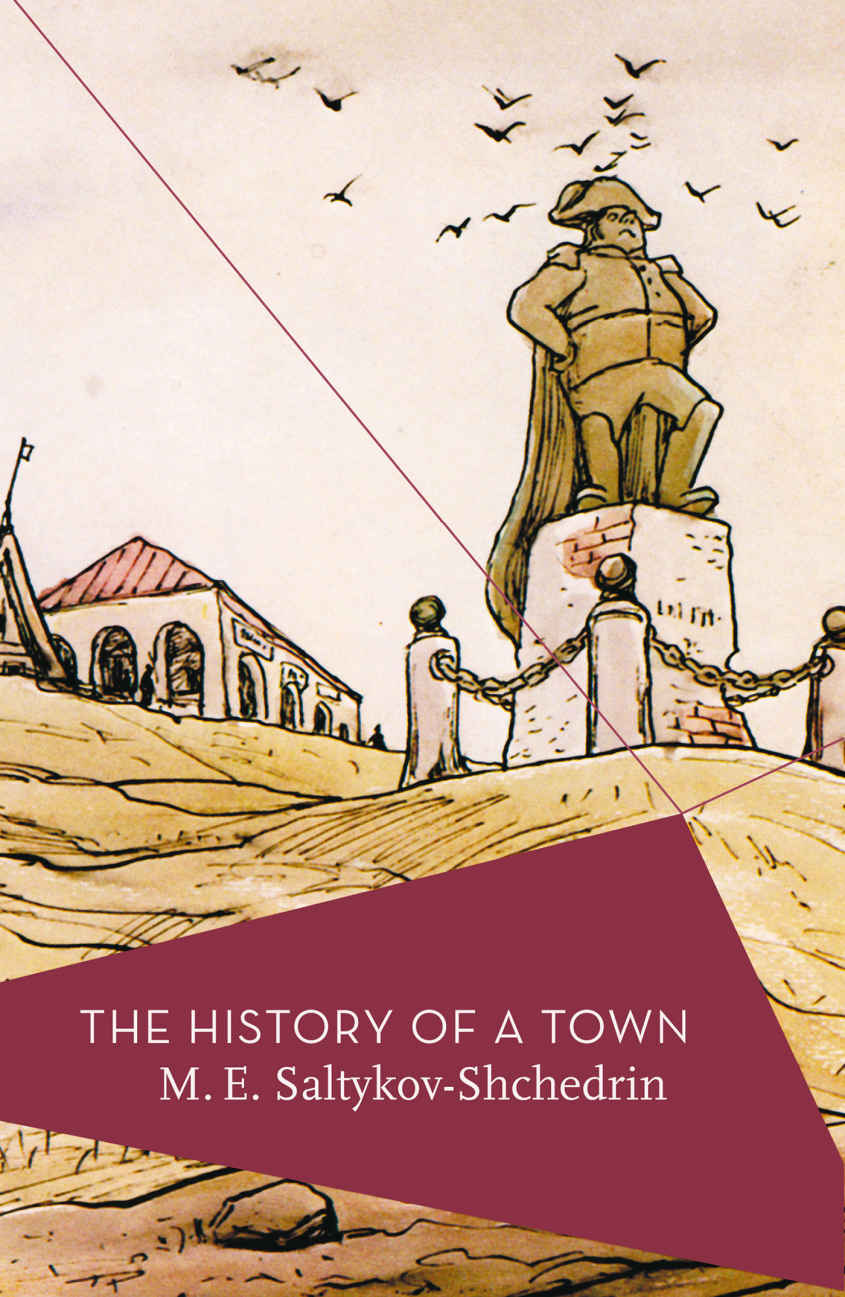 |
(translated by I.P Foote, Apollo in the UK, Head of Zeus in the U.S. Sept. 2016)
A beautiful new edition of I.P. Foote’s English translation resurrects this absurdist 1870s chronicle of tyranny and corruption in a fictional town called Glupov (Stupidville) at a moment when it seems shockingly relevant. Foote, who died in 2011, called Saltykov “the most penetrating satirist Russia has ever produced”; the town’s confused inhabitants suffer under a succession of violent and irrational rulers, described by a deliberately unreliable chronicler, with many episodes prefiguring Soviet rule and beyond. In a chapter called “The Worship of Mammon” Saltykov describes how the Glupovites (“people like any other people”) put their hopes in a more reasonable future: “And they are still waiting to this day.”
Anton Chekhov – The Kiss and Other Stories
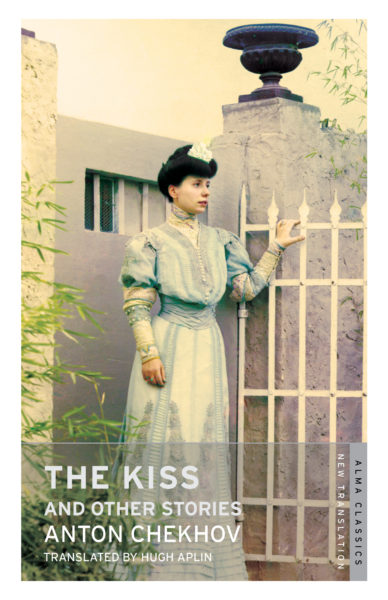 |
(translated by Hugh Aplin, Alma Classics, June 2016)
Chekhov is better known among English-speakers as a playwright, so new editions of his engaging stories are always welcome. The title tale in this little volume is typically introspective, centering on the effect of an unexpected kiss on an awkward military captain. As ever, the narrative’s power lies in telling details: “the scent of poplar, lilac and roses” in the night air or the “chill as of mint drops” next to his mouth. There are well-known works here too, like the wistful seaside love story Lady with the Little Dog and the painful evocation of asylum life, Ward Six.
Yevgeny Zamyatin – The Sign and Other Stories
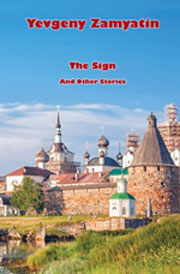 |
(translated by John Dewey, Brimstone Press, Dec. 2015)
Zamyatin’s dystopian novel We set the standard for 20th-century speculative fiction. Some of his equally bold, but far less famous stories have been translated by John Dewey and collected into a handy little book. The satirical tales of the Lenin-like “Theta,” a creature born of murderous bureaucracy with ink for blood, come closest to the sci-fi horrors of We. The jewel of the collection is the evocative short story A Fisher of Men, a modernist portrait of passion and madness in wartime London.
Travels and fantasies: from Odessa to outer space
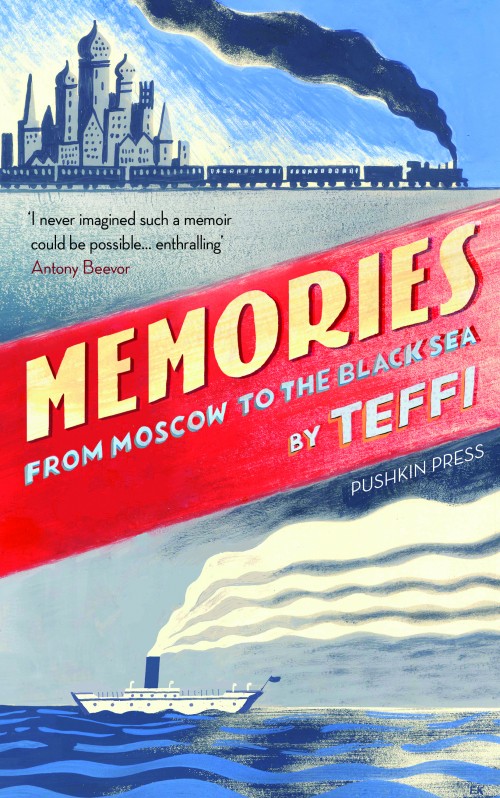 |
Teffi – Memories: From Moscow to the Black Sea
(translated by Robert Chandler, Elizabeth Chandler, Anne-Marie Jackson and Irina Steinberg, Pushkin Press, May 2016)
“The sun will be shining, you’ll be beside the sea”: a mysterious impresario from Odessa tempts the satirist Teffi to leave autumnal Moscow, bound for Ukraine. This first English translation brings us Teffi’s beautiful account of her 1918 flight from Bolshevik Russia. Through characteristically witty, exuberant observations runs a sense of loss, of people, of pre-Revolutionary realities and places, of “seeing my own land slip softly, slowly away from me.”
Isaac Babel – Odessa Stories
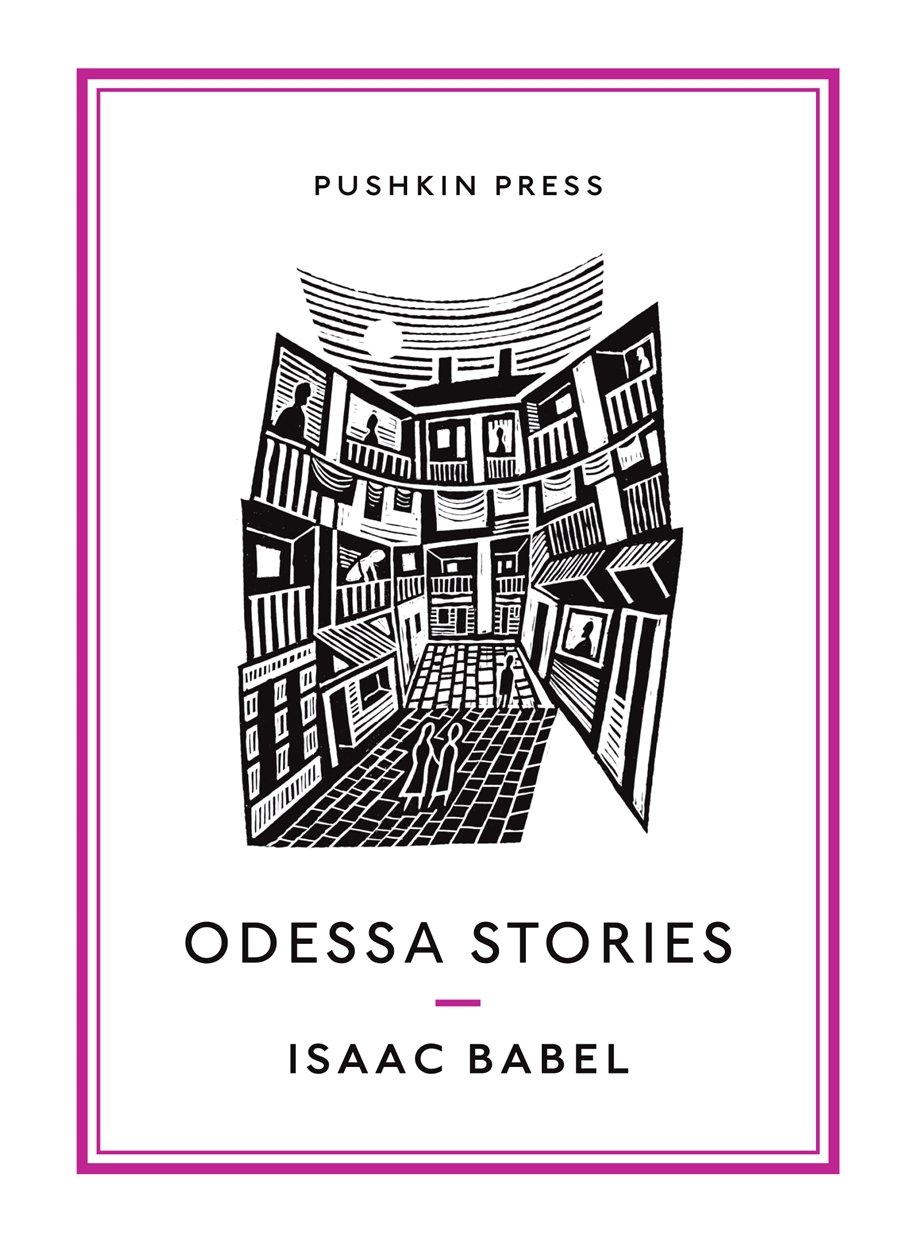 |
(translated by Boris Dralyuk, Pushkin Press, Oct. 2016)
Isaac Babel was another Soviet genius. His vibrant tales of early 20th-century Jewish life in seaside Odessa, the loves and deaths of gangsters and gravediggers, sailors and schoolboys, are compelling mini-masterpieces. Boris Dralyuk might be Babel’s ideal translator: “The language of Odessa … was in the air all around me as I was growing up,” Dralyuk explains in an introduction peppered with Yiddish to help set the scene.
Red Star Tales: A Century of Russian and Soviet Science Fiction
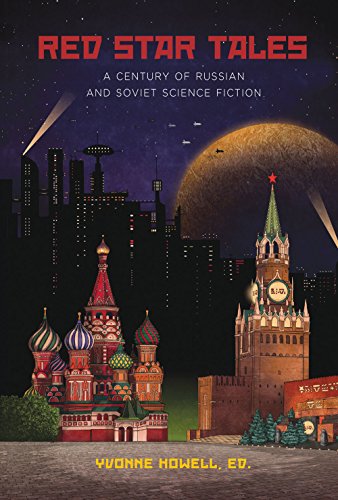 |
(edited by Yvonne Howell, Russian Life Books, Nov., 2015)
This crowdfunded volume of extraordinary sci-fi, from late tsarist times to the fall of the Soviet Union, is another revelation. Who knew cosmonautic pioneer Konstantin Tsiolkovsky had penned a short story in 1893 where he imagined what it would be like to wake up on the moon? How could symbolist poet Valery Bryusov predict, in 1908, that modern humans would develop “a special instinct for communicating with machines,” their lives so mechanized they suffer from muscular atrophy? A century of fantasies reflect the world as it was, might be and – sometimes chillingly – as it already is.
Subscribe to get the hand picked best stories every week
All rights reserved by Rossiyskaya Gazeta.
Subscribe
to our newsletter!
Get the week's best stories straight to your inbox
